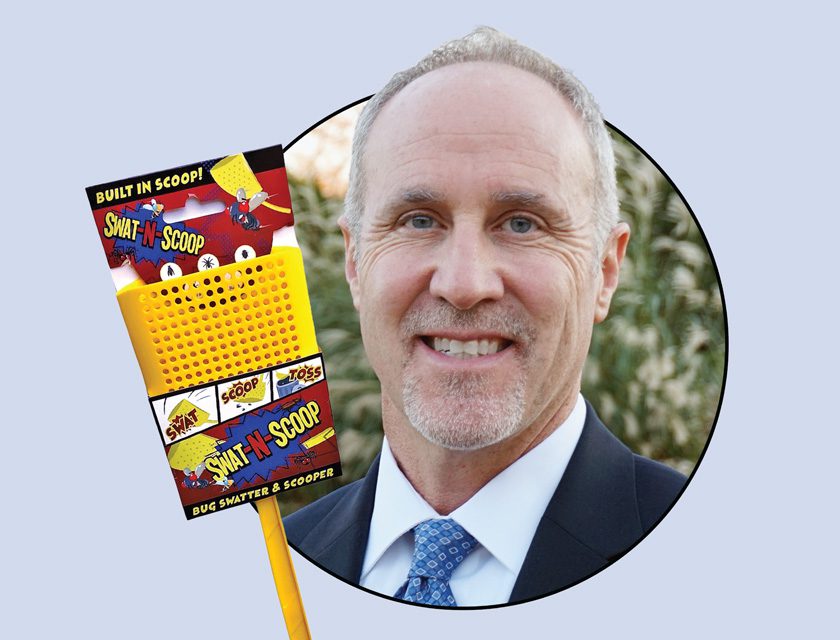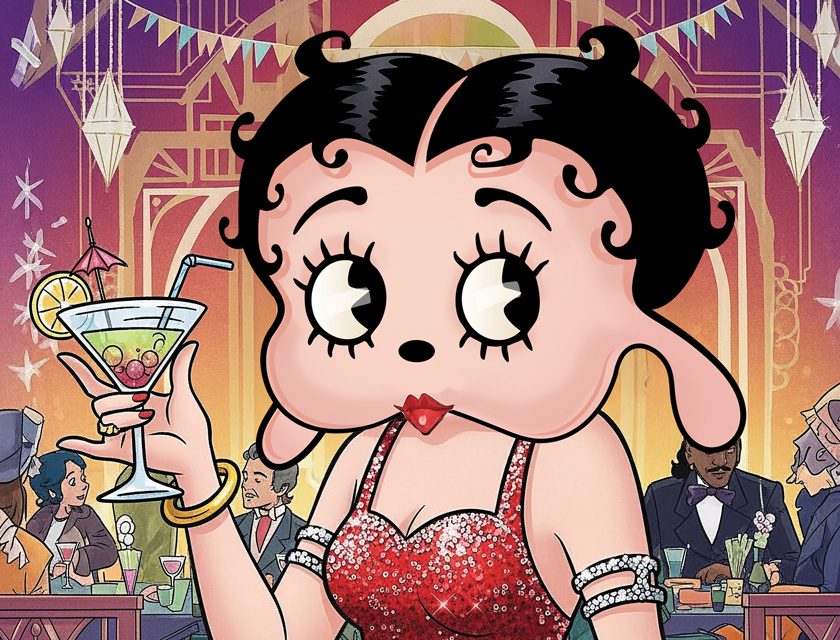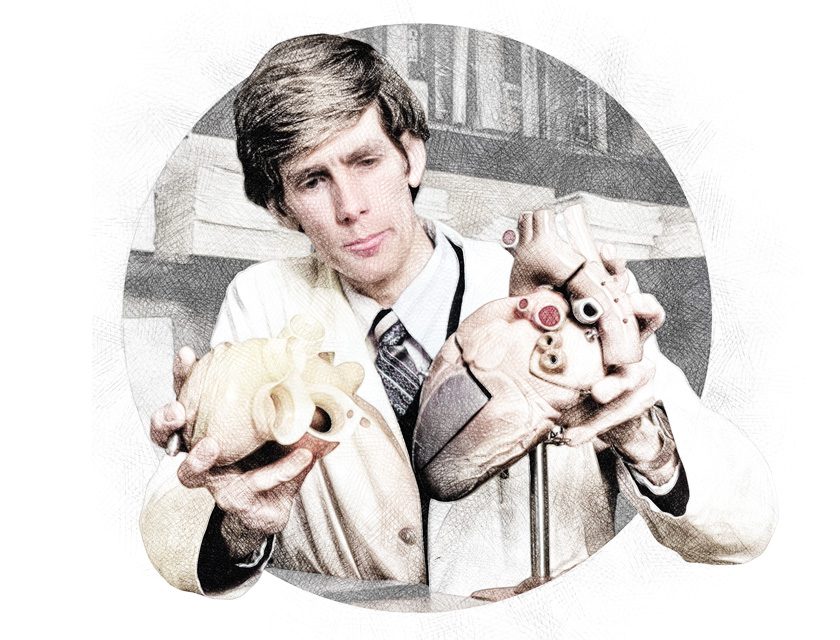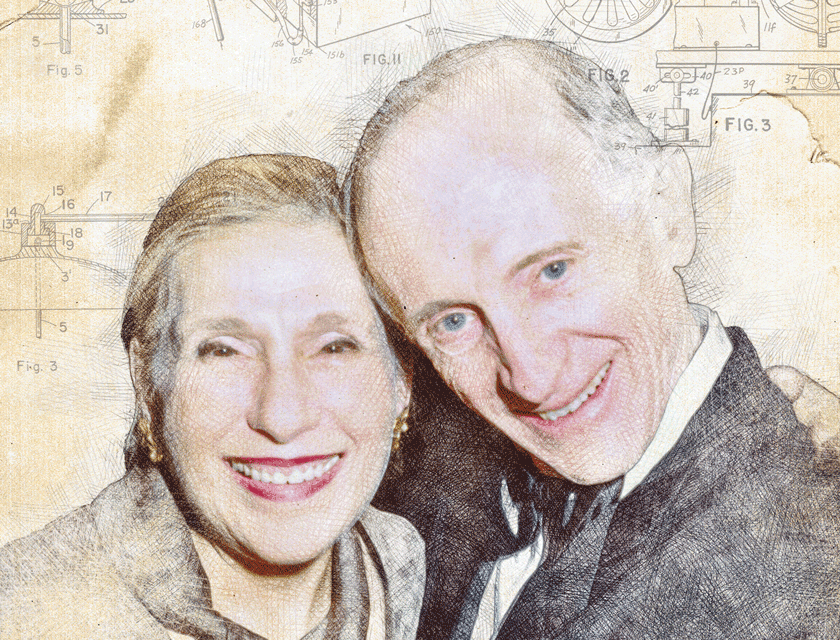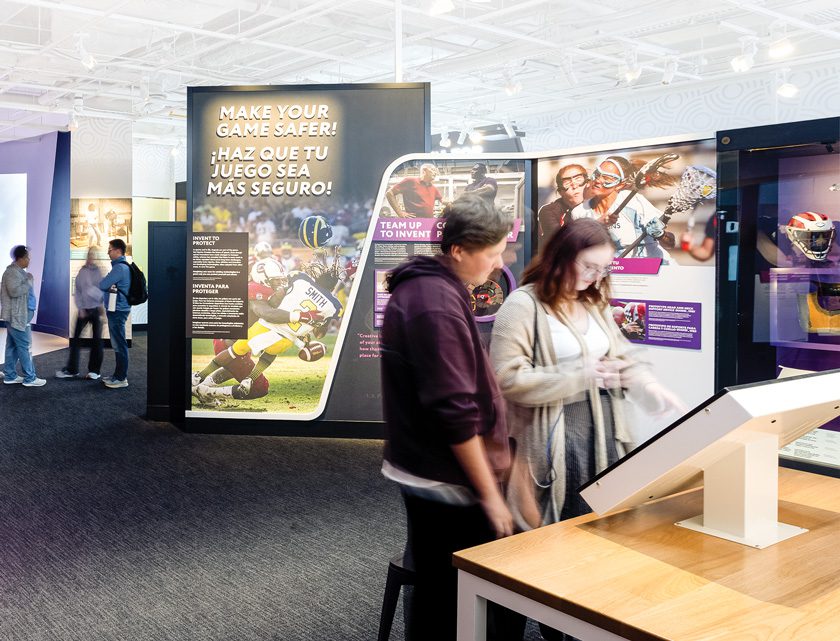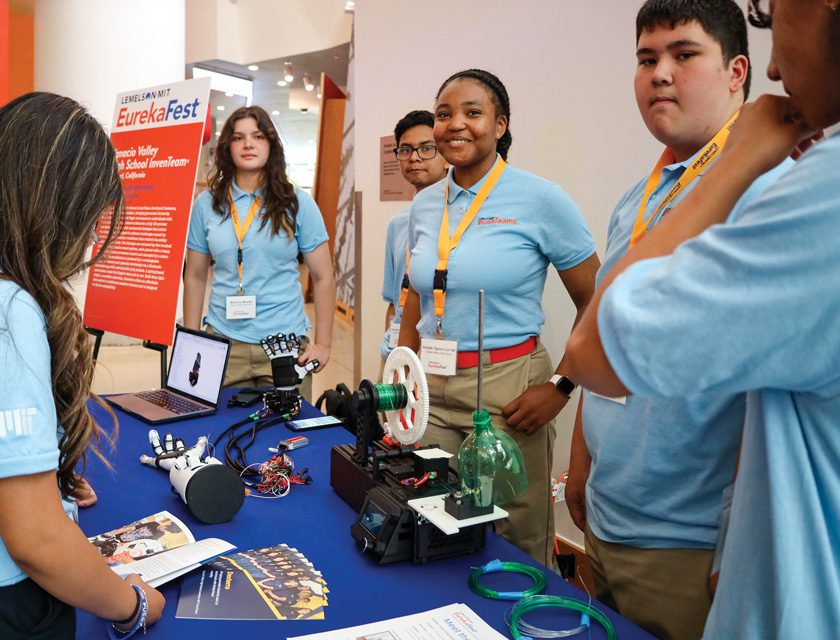Besides a few obvious character traits, these others are consistent in successful inventors
I have seen inventors with amazing products that never made it to market. The No. 1 reason is that they gave up too soon.
BY APRIL MITCHELL
Being a successful inventor requires more than curiosity, creativity and problem solving.
Which other character traits should inventors have or obtain to be successful? Lacking these could be the reason so many inventors don’t get their products to market.
As a veteran of this industry, I see a pattern in character traits for successful inventors. Invariably, they are active learners who have perseverance, self-motivation and emotional resilience.
Let’s take a closer look at these traits and why it’s important to have them—or get them.
Active learning
Although everyone starts the inventing journey with a different skillset, there is so much to learn.
Inventors must be open to constantly learning in all aspects of the process—prototyping, marketing, licensing, manufacturing and more. No one starts with all the knowledge necessary to take a product from idea to store shelves.
The best attitude for an inventor is that of a lifelong learner. Know-it-alls can only go so far in this business on their own.
Perseverance
This journey is and will be difficult. Though you may want to give up multiple times, by persevering and pushing through to the next step or next stage, you give yourself a fighting chance.
I have wanted to give up several times, especially in the beginning of my inventing journey. The further I get along, the more certain I am that this is where I am supposed to be and what I am supposed to be doing.
I have seen inventors with amazing products that never made it to market. The No. 1 reason is that they gave up too soon.
I encourage you to take a moment if you need to, regroup, and then get back at it!
Self-motivation
As with all the traits listed here, this is another that can be learned and practiced whether you are born with it or not.
You cannot wait and count on other people always being in your corner and cheering you on. If you have that support, great—but it should not take people constantly cheering you on for you to make progress on your project or in your journey.
Some things are out of our control, and sometimes you may need to hire out, but do what you can when you can.
Emotional resilience
Inventing is a roller coaster, which brings up a plethora of emotions weekly and even daily! We can easily take things personally: After all, these are our ideas we are talking about, working on and pitching.
It may take time and practice, but it is important to separate ourselves from our product. We are not one.
If inventing brings you down, it might be time to evaluate why and what you can do about it.
When I began in this industry, I didn’t have what it took, but I was open to learning and believed in myself. I worked on myself and developed not only my skills to help with inventing but also my personal skills and characteristics.
If you are willing to do these things, you will eventually get where you want to be.

